If beets give you "clean your plate" flashbacks, it's time to give them a second chance. They are one of the best sources of betaine and folate, two nutrients that reduce heart-disease risk.
Tip: Wash and peel one fresh beet, then shred it on the widest blade of a grater. Toss with 1 tablespoon of olive oil and the juice of half a lemon.
Cabbage
Cabbage makes you gassier than the Goodyear blimp, but each 22-calorie cup is loaded with sulforaphane, a chemical that increases your body's production of the enzymes that disarm cell-damaging, cancer-causing free radicals.
Tip: Top off a burger with crunchy cabbage instead of soggy lettuce leaves.
Dried plums
Prunes' popularity among geriatrics has ruined its image. Too bad, because these fruits contain high amounts of neochlorogenic and chlorogenic acids, antioxidants that are effective at protecting against cancer growth.
Tip: Wrap a slice of prosciutto around a dried plum, secure with a toothpick, and bake in a 400°F oven for 10 to 15 minutes.
Goji berries
Goji berries are already a hit with hardcore smoothie fans. The natural sugars in these gems help boost the immune system and have also been found to reduce insulin resistance (which may help offset diabetes) in rats, according to one study.
Tip: Mix berries with a cup of plain yogurt or sprinkle some on oatmeal or cold cereal.
Guava
The deliciously sweet yellow and pink guava has a higher concentration of the cancer-fighting antioxidant lycopene than tomatoes and watermelon, often considered to be the best sources of the protective red pigment.
Tip: You can use the entire fruit, from the rind to the seeds.
Purslane
Pronounced "perslen," this common garden weed happens to have the most heart-healthy omega-3 fats of any edible plant. One nibble and you'll discover that its stems and leaves are crisp and succulent, with a mild, lemony flavor.
Tip: Top a bed of purslane with grilled chicken and lemon vinaigrette.
Swiss chard
Like spinach? You're gonna lurve chard. A half-cup cooked delivers 10 milligrams of lutein and zeaxanthin, carotenoids that help guard against retinal damage caused by aging, say researchers from the Oregon Health and Science University.
Tip: Saute chard with a little olive oil and garlic for a super-simple side.



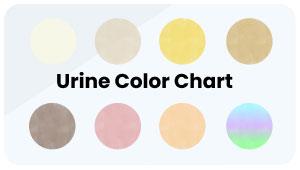

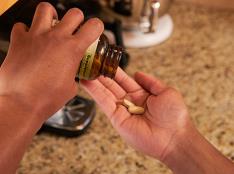
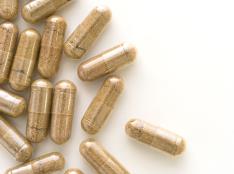
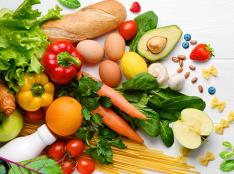
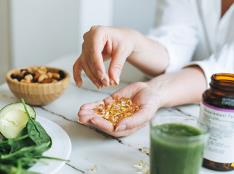
Discuss This Article